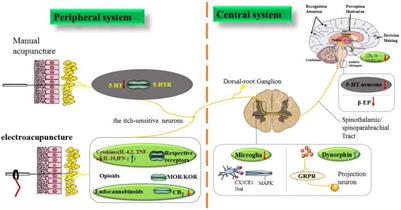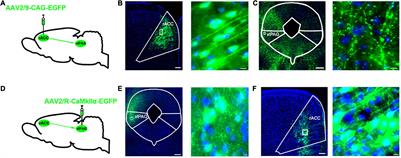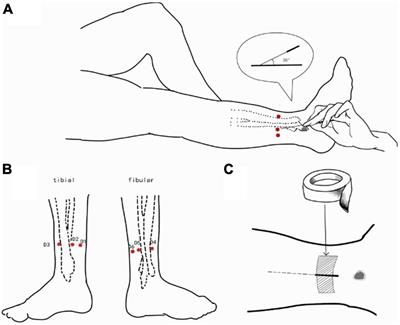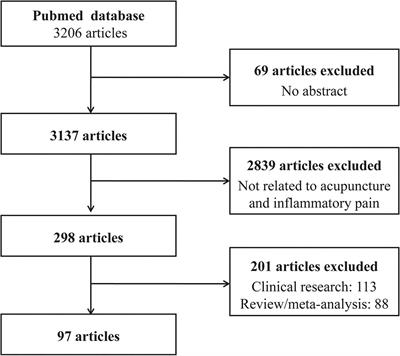REVIEW
Published on 30 Mar 2022
Acupuncture for the Treatment of Itch: Peripheral and Central Mechanisms

doi 10.3389/fnins.2021.786892
- 21,544 views
- 9 citations
49k
Total downloads
137k
Total views and downloads
Select the journal/section where you want your idea to be submitted:
REVIEW
Published on 30 Mar 2022

ORIGINAL RESEARCH
Published on 12 Jan 2022

ORIGINAL RESEARCH
Published on 07 Dec 2021

ORIGINAL RESEARCH
Published on 04 Oct 2021

MINI REVIEW
Published on 28 Sep 2021

SYSTEMATIC REVIEW
Published on 20 Sep 2021

ORIGINAL RESEARCH
Published on 17 Sep 2021

ORIGINAL RESEARCH
Published on 27 Aug 2021

ORIGINAL RESEARCH
Published on 26 Aug 2021

REVIEW
Published on 02 Aug 2021

ORIGINAL RESEARCH
Published on 20 Jul 2021

ORIGINAL RESEARCH
Published on 15 Jul 2021


Frontiers in Psychology